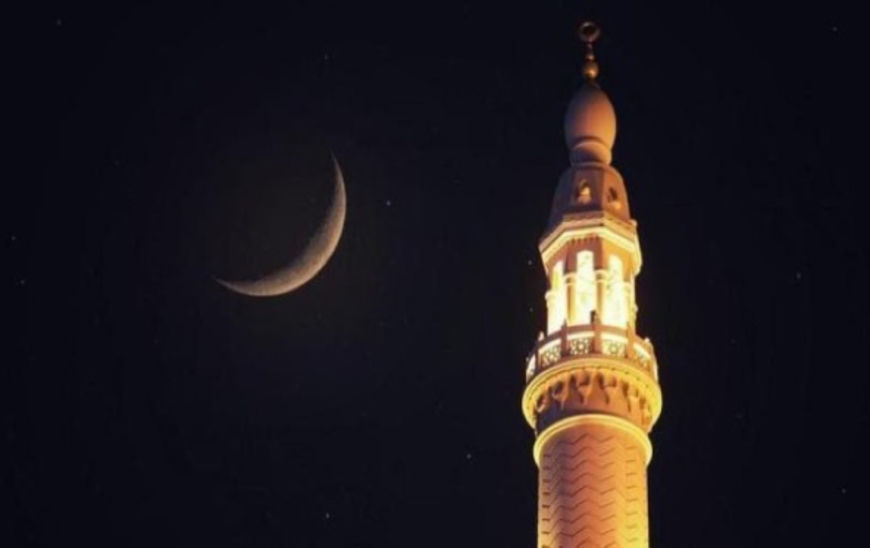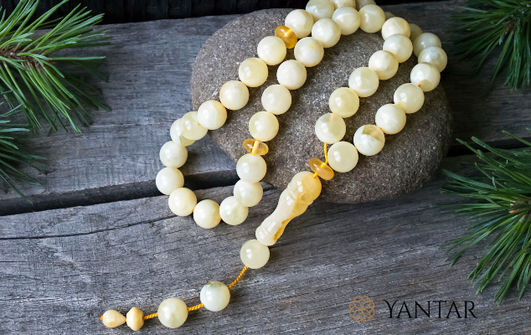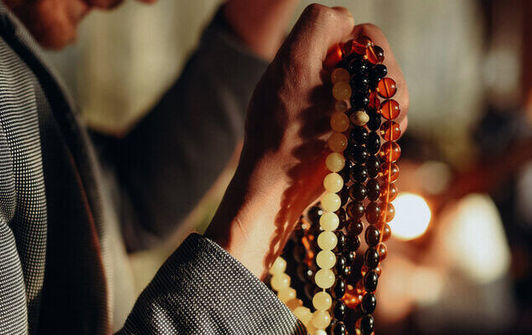
The Hijri New Year, also known as the Islamic New Year, marks the beginning of a new lunar Islamic calendar year. It is observed on the first day of Muharram, one of the four sacred months in Islam. Unlike more festive holidays, this day is often spent in quiet reflection, prayer, and spiritual renewal.
The Hijri calendar is central to Islamic tradition, and the arrival of 1447 AH (Anno Hegirae) carries deep historical and spiritual meaning for Muslims around the world. In the United Arab Emirates (UAE), a country with strong Islamic roots, the New Year is a time to connect with faith, family, and community values.
What is the Hijri New Year?
The Hijri calendar was established by the second Caliph, Umar ibn al-Khattab, in 638 CE. It begins from the year of the Hijrah — the migration of the Prophet Muhammad (peace be upon him) from Mecca to Medina in 622 CE. This journey marked the birth of the Muslim ummah (community) and is seen as a pivotal moment in Islamic history.
Unlike the Gregorian calendar, which is solar-based, the Hijri calendar follows the lunar cycle. This means each year is approximately 10–12 days shorter, causing Islamic holidays to move slightly each year.
The month of Muharram, the first in the Hijri calendar, is considered sacred. It is a time of spiritual purity, remembrance, and in some traditions, fasting — especially on the Day of Ashura, the 10th of Muharram.
The Cultural and Religious Significance in the UAE
In the UAE, the Hijri New Year is more than a change in date — it is a moment of spiritual reflection and renewal. As a country deeply rooted in Islamic heritage, the UAE encourages its people to embrace the values of peace, patience, and humility during this time.
While the day is typically quiet and solemn, it holds immense spiritual significance, reminding Muslims of the trials of the Prophet Muhammad and the strength of the early Muslim community. It’s a day that invites introspection and strengthens the sense of community and continuity of faith.
Observances and Traditions in the UAE
Public Holiday Declaration
To honor the day, the UAE government usually declares a public holiday, giving both public and private sector employees a day off.
Mosque Gatherings
Mosques across the country hold special prayers and sermons. Imams focus on themes like the Prophet’s migration, unity, sacrifice, and the importance of beginning the new year with pure intentions.
Family and Social Customs
Unlike the exuberance of Gregorian New Year, this day is spent in quiet gatherings, visiting elders, or enjoying modest meals with loved ones. Families may read from the Quran or make special du'as (prayers) together.
Charitable Acts
Charity and kindness are highly encouraged. Many UAE residents use this time to donate to the needy, support humanitarian projects, or simply extend goodwill in their communities.
Government and Community Involvement
The Islamic Affairs and Charitable Activities Department (IACAD) plays a key role in promoting awareness about the Hijri New Year. They often organize public lectures, educational workshops, and distribute Islamic materials to help deepen understanding of the New Year’s spiritual meaning.
In addition, the UAE's media and social platforms highlight messages of unity, hope, and faith. Mosques and public areas may also be modestly decorated to reflect the sanctity of Muharram.
Modern-Day Celebrations vs. Traditional Practices
As the UAE blends tradition with modernity, new generations are finding their own ways to connect with the Hijri New Year. While the focus remains spiritual, many young people mark the occasion through:
- Islamic calendar apps and notifications
- Sharing inspirational posts or quotes on social media
- Watching online sermons or Islamic lectures
- Participating in community outreach events or volunteering
This balance of technology and tradition keeps the essence of the holiday alive while making it accessible and engaging for today’s youth.
Key Dates and Observations for 1447 AH
Based on astronomical calculations, 1 Muharram 1447 AH is expected to begin on the evening of Sunday, July 7, 2025, with the holiday officially observed on Monday, July 8, 2025. However, the final confirmation depends on moon sighting, a practice rooted in Islamic tradition.
Another key date during Muharram is the 10th day — Ashura. It is observed with fasting and remembrance, especially significant for both Sunni and Shia Muslims for different historical reasons.
The Hijri New Year 1447 AH is more than a change of calendar — it’s a powerful reminder of faith, perseverance, and spiritual beginnings. In the UAE, where Islamic values are integrated into daily life, this day offers an opportunity to reflect on one's journey, renew intentions, and strengthen community bonds.
As we welcome 1447 AH, may it be a year of peace, purpose, and blessings for all. Whether through quiet prayer, charitable deeds, or simply spending time with loved ones, this is a time to begin the year with gratitude and grace.




 Jewelry
Jewelry Silver amber jewelry
Silver amber jewelry Amber pictures
Amber pictures Souvenirs
Souvenirs